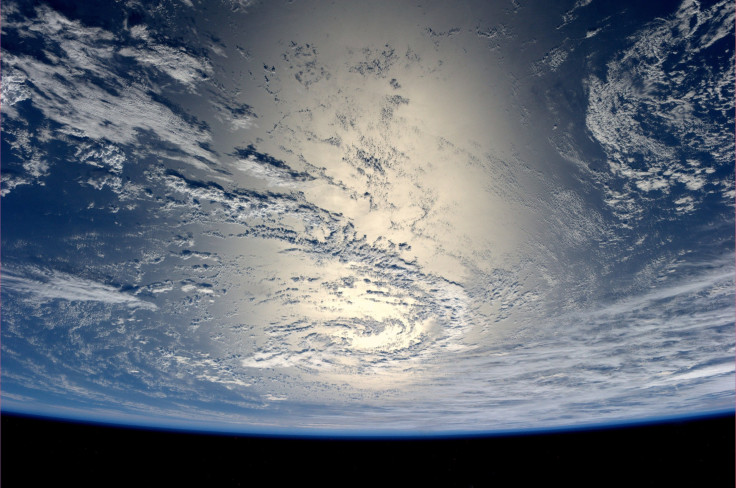Earth Overshoot Day 2016: Humans Have Used Up Their Yearly Supply Of Planet’s Resources In Less Than 8 Months

Last year, humans on Earth overshot their annual budget for natural resources on Aug. 13. This year, the “overshoot day” is falling five days earlier, on Monday, Aug. 8.
“We continue to grow our ecological debt,” said Pascal Canfin, head of the French section of the World Wide Fund for Nature (WWF) told Agence France-Presse. “From Monday August 8, we will be living on credit because in eight months we would have consumed the natural capital that our planet can renew in a year.”
It is important to note that when we talk about resources, we are not referring to just water, food and land. They also refer to the carbon storage capacity of Earth’s oceans and forests.
“Carbon emissions are the fastest growing contributor to ecological overshoot, with the carbon Footprint now making up 60% of humanity’s demand on nature, which we call its Ecological Footprint,” the Global Footprint Network — an independent think tank that calculates when the overshoot day would fall each year based on analysis of United Nations economic data of hundreds of sectors — said in a statement. “As the global population has grown and consumption has increased – particularly with respect to carbon emissions – Earth Overshoot Day has moved from late September in 2000 to August 8 this year.”
Here’s something that may give an idea of how unsustainable our current pace of development is — if we, as a species, continue to live the way we are right now, we would need the resources provided by 1.6 Earths to meet our demands.
And, if everyone were to live like Americans, we’d need 4.8 planets worth of resources.
However, the good news is that the rate at which the overshoot day is moving up the calendar has slowed to less than one day a year on average over the past five years, compared to an average of three days a year since we began overshooting in the early 1970s.
"An ecological overshoot is possible only for a limited time before ecosystems begin to degrade and possibly collapse," WWF said in a statement. "Earth Overshoot Day must serve as a stark reminder of the actions we need to urgently take on an individual, country and global level to respect planetary boundaries and achieve sustainability and resilience for all."
© Copyright IBTimes 2024. All rights reserved.












